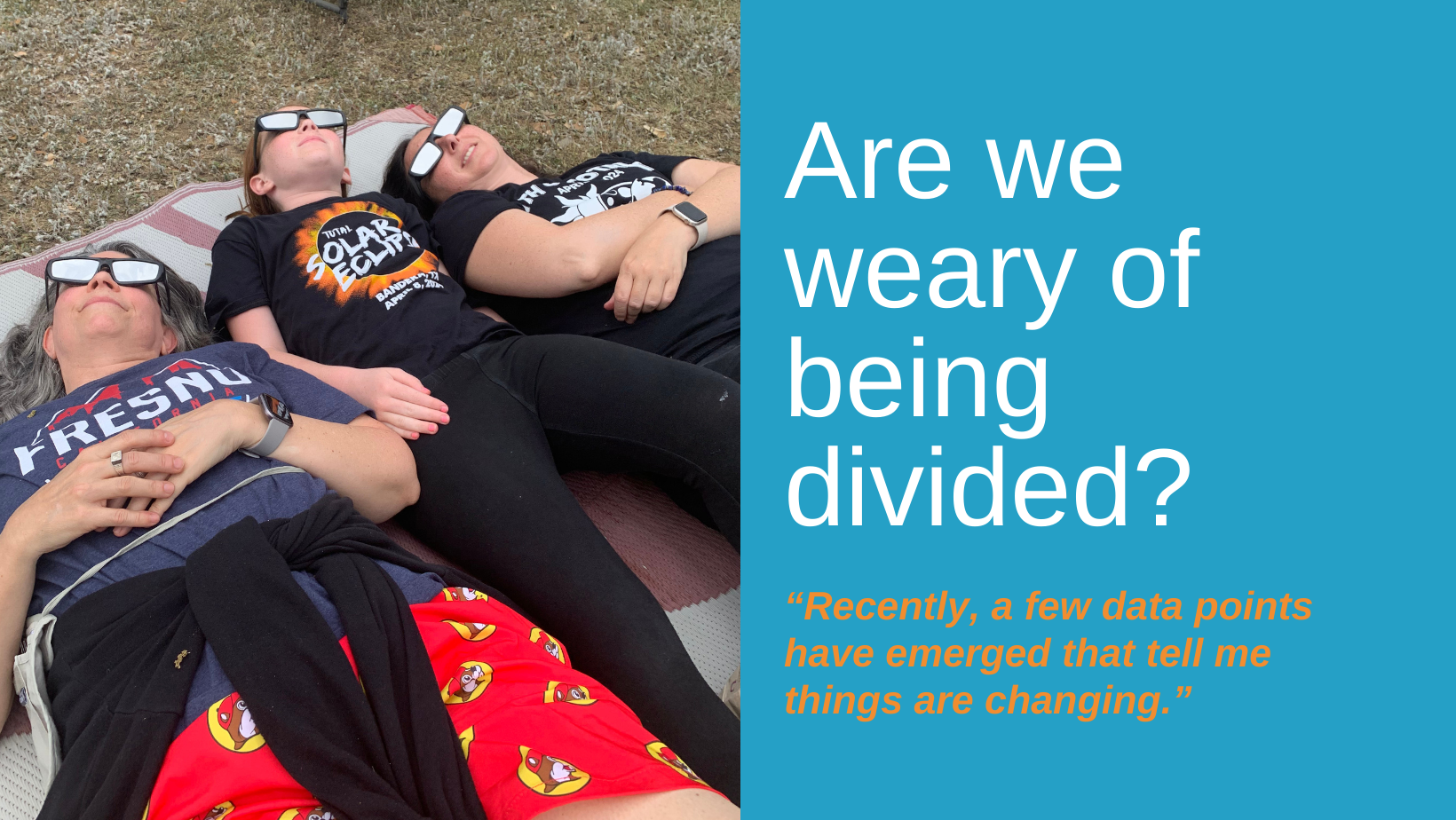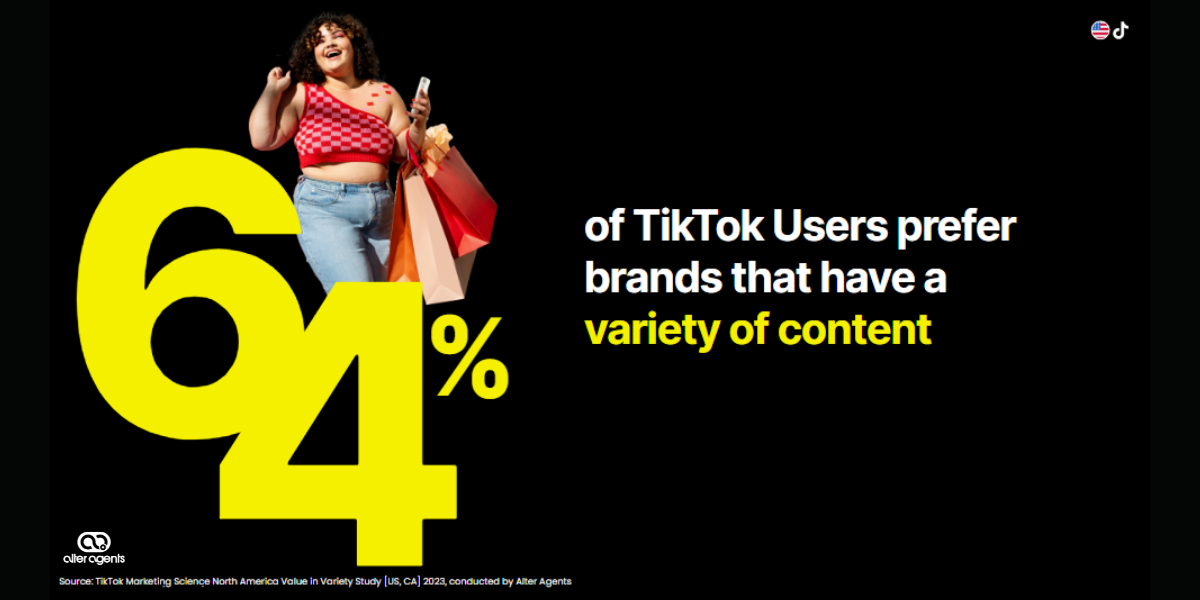
Getting the Facts? How Privacy Tends Are Affecting Marketing
If customers are going to provide information, they want you to do something with it that’s of benefit to them and not just you.
Modern marketing campaigns run on information, specifically the information automated systems can gather from a customer or prospect’s online behavior (known as digital body language) and also from information they themselves provide, for instance, while creating a user account.
The only problem is that there is increasing pushback against gathering both types of data. “We work with many clients who are trying to leverage loyalty programs, but there are privacy protections and opt-in protections preventing them,” notes Rebecca Brooks, founder of Los Angeles, California–based market research firm Alter Agents.
These protections are particularly strong in Europe, where governments place a high value on keeping personal information private for both customers and employees. “Privacy concerns are in some way a response to what companies are doing to collect data,” says Joe Webb, global lead at TNS Connected Solutions, which produces the annual Connected Life study for London, England–based market research firm TNS. In many cases, the best solution is to ask customers and prospective customers to provide information voluntarily, but these days that’s best accomplished by offering them something in return. For example, the power management company Eaton recently completed a campaign in which participants could play a Where’s Waldo–like search game online, looking for Eaton desk toys in various settings. Prizes included the toys, as well as hats and T-shirts.
Thought Leadership Updates
Get updates in your email.






